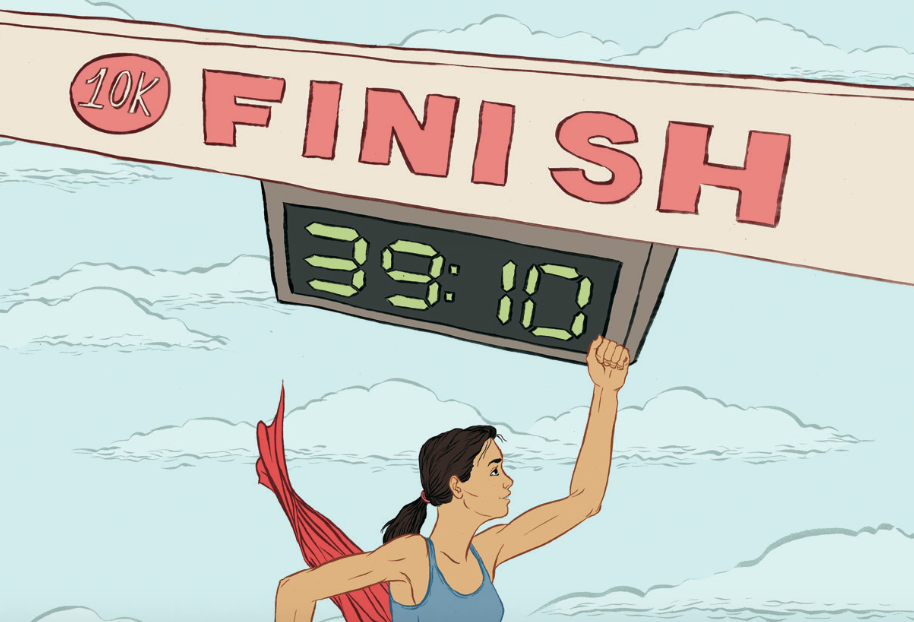Training tips: On setting a variety of goals

As with any endeavor, it’s important to have a variety of goals to work towards.

The same goes for running, training and racing.
Whether you aim to run more consistently, train for a new distance or improve your PB, setting goals will go far to helping you stay on track and improve your odds of achieving them.
All goals should be S-M-A-R-T in that they are:
Specific: State exactly what it is you want to accomplish (what, where, why)
Measurable: In what way will you demonstrate and evaluate that the goal has been met?
Attainable: It’s important you have a concrete plan detailing how you plan to achieve the goal.
Realistic: Goals must be sufficiently challenging but also within reach.
Time-oriented: When will you achieve your goal? Have a strict time-line with key dates and deadlines.
There are also important types of goals to consider as well.
 Outcome goals (a.k.a. performance goals) are the traditional type in which you objectively aim to complete or accomplish something that can be measured or verified. Completing a 5K race or running 10K in under 45 minutes are all examples of outcome goals.
Outcome goals (a.k.a. performance goals) are the traditional type in which you objectively aim to complete or accomplish something that can be measured or verified. Completing a 5K race or running 10K in under 45 minutes are all examples of outcome goals.
Process goals on the other hand put an emphasis on the habits, activities and behaviours that you’re hoping to adopt or improve. These will directly or indirectly contribute to achieving a number of outcome goals by helping you successfully develop essential skills and knowledge. Committing to run four days a week, doing a weekly core workout or eating healthier are examples of process goals that will contribute to being a better runner. It’s also useful to make these goals relative or comparative to what you’ve done in the past (E.g. I will run more this week than last; I will eat more fruits and vegetables today).
Having a variety of both short- and long-term goals will also provide important motivation, focus, accountability and a way to assess your progress over time. Some can be simple and easily attained on a regular basis (E.g. going for a run), while others can and should be a bit more challenging and ambitious (E.g. running a marathon with a negative split).
Achieving short term goals will also develop confidence and help shape and move towards the longer-term goals. Goals should always be flexible to some degree as some may need to be changed or abandoned. While it’s important to stick to and place value on the goals you set, you should also not be overly discouraged when you don’t meet them. Alternatively, there is a great degree of satisfaction and joy to be gained from accomplishing your goals which is why it’s essential to continue to set, strive and restructure your goals over time.


